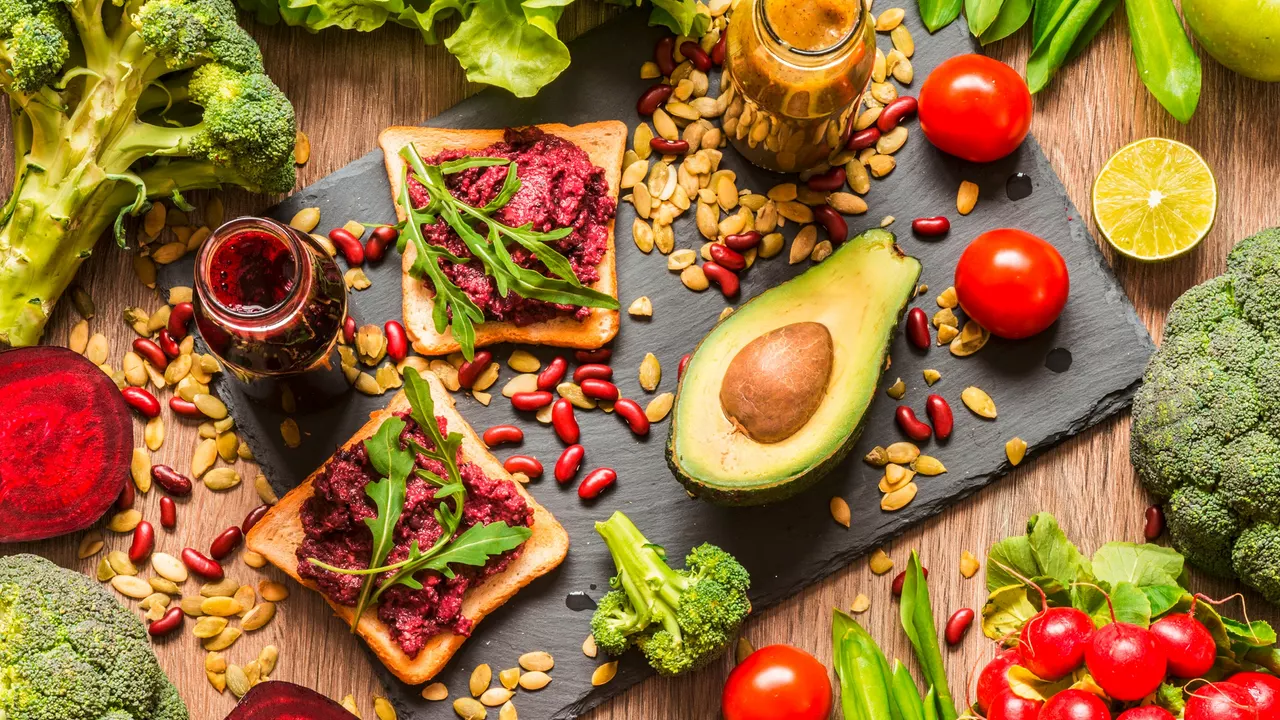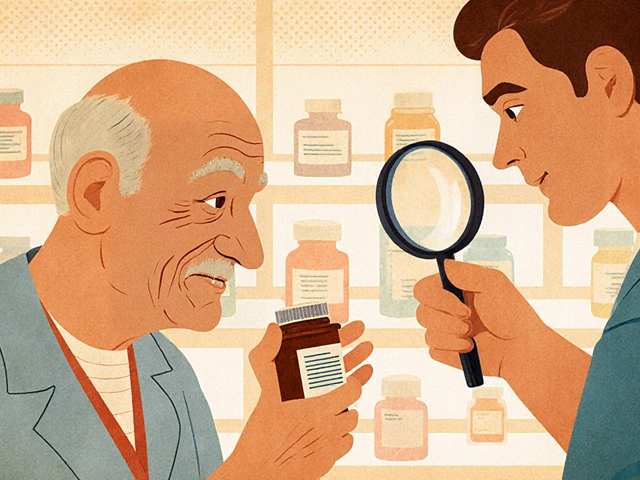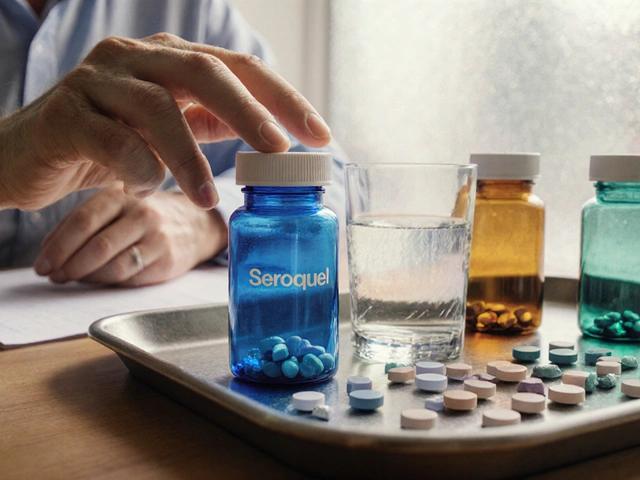Plant-based dietary supplement: how to pick safe, effective options
Plant-based supplements are everywhere — teas, powders, capsules labeled "natural." That sounds good, but "natural" doesn't guarantee safety or quality. If you're buying supplements to support health, you need simple rules to avoid junk, interactions, and wasted money.
How to choose a safe plant-based supplement
Start with the label. Look for the botanical name (for example, "Sanguinaria canadensis" for bloodroot) and a standardized extract percentage when available. Standardization tells you how much of the active compound is present, so doses are more predictable.
Third-party testing matters. Certifications from USP, NSF, or ConsumerLab verify purity and that the bottle actually contains what it says. If a product has no testing and makes big health claims, treat it with caution.
Check the ingredient list for fillers, additives, and hidden allergens. "Proprietary blends" hide amounts — skip those if you want to know the dose. Also read recommended serving size and compare it to clinical doses when possible.
Buy from reputable sellers. Pharmacies, established retailers, or brands with clear contact info and transparent sourcing are safer than obscure marketplaces. If a label promises a miracle cure, that’s a red flag.
Safety, interactions, and real-world tips
Plant compounds can interact with meds. For example, some herbal extracts affect blood thinners, blood pressure drugs, or diabetes meds. Tell your clinician what you take — even "natural" supplements can change how prescriptions work.
Watch for quality signals: batch numbers, expiration dates, and clear dosing instructions. Store supplements in a cool, dry place and follow expiration dates — plant extracts can lose potency or develop mold over time.
If you're exploring a specific herb, read credible guides or our site posts that review real effects and risks. For example, our Bloodroot guide explains uses and cautions for that particular plant-based supplement. Real-world reviews and clinical references help separate trend from truth.
Start low, test slowly. Try one new supplement at a time and use the lowest effective dose for a short period. If you notice side effects — stomach upset, rash, dizziness — stop and check with a healthcare provider.
Think about sustainability and source. Wild-harvested herbs can be contaminated or endangered. Prefer brands that disclose sourcing and use sustainable practices when possible.
Finally, ask a pro when in doubt. Pharmacists, dietitians, and clinicians can flag interactions, suggest evidence-backed options, and help tailor choices to your health and medications. You don’t need to avoid plant-based supplements, but choose them like you would a medicine: with care.

Sweet Cicely: The Ultimate Plant-Based Dietary Supplement for a Healthier Lifestyle
In my recent exploration of plant-based dietary supplements, I've discovered Sweet Cicely, a powerhouse of natural goodness. This plant is not just a fragrant herb, but it's a hidden gem that can promote a healthier lifestyle. Its leaves are packed with essential vitamins and minerals, which can aid digestion, boost the immune system, and even help manage diabetes. Plus, it's a natural sweetener, making it a healthier alternative to sugar. If you're looking for a natural way to enhance your diet, Sweet Cicely is worth considering.
Read More




